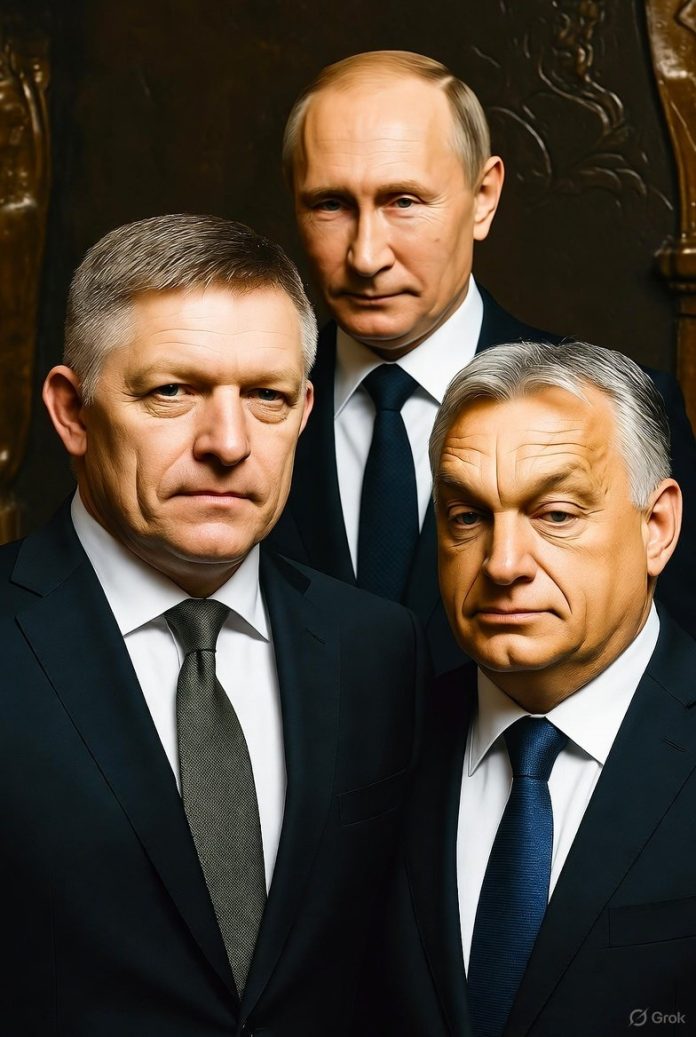The European Union has officially approved a sweeping plan to phase out all imports of Russian oil and gas by January 2028, in what officials describe as a landmark move toward energy independence from Moscow.
The agreement, reached earlier today by EU ambassadors and reported by Reuters, marks one of the bloc’s most decisive steps yet to sever economic ties with Russia amid its ongoing war in Ukraine.
The measure passed despite strong objections from Hungary and Slovakia — two countries that remain heavily reliant on Russian energy and had warned that a full ban could devastate their economies. Both nations depend on the Druzhba pipeline, a major conduit for Russian crude and gas into Central Europe.
Under the EU’s qualified majority voting system, legislation can be adopted without unanimous consent, meaning that opposition from Budapest and Bratislava was not enough to block the deal.
According to EU diplomats, the policy gives member states a three-year transition period to diversify energy supplies, boost renewables, and reinforce energy infrastructure across the continent. Financial assistance will come from the bloc’s REPowerEU initiative and other energy transition funds aimed at reducing dependence on Russian fossil fuels.
“Europe’s reliance on Russian oil and gas has long been a strategic vulnerability,” an EU official told Reuters. “This is about securing Europe’s energy future — not just responding to aggression.”
Before Russia’s full-scale invasion of Ukraine in 2022, the country supplied more than 40% of the EU’s gas and about 30% of its oil. By mid-2025, those shares had fallen below 10%, according to European Commission data.
Still, the shift remains especially difficult for landlocked Central European states. Hungarian and Slovak officials argue that alternative supply routes are limited and that replacing Russian imports could lead to surging domestic energy prices.
Hungarian Prime Minister Viktor Orbán, one of the EU’s most vocal critics of sanctions against Russia, condemned the decision as “self-destructive,” warning that it would “hurt European consumers far more than it hurts Moscow.”
Despite such opposition, EU leaders insist the 2028 target is both realistic and essential. Implementation plans will now focus on infrastructure upgrades, expanded gas storage, and new LNG terminals to secure diversified energy flows.
Analysts say the move underscores the EU’s determination to maintain a unified stance against Russia, even as debates continue over the costs and pace of the green transition.
If fully realized, the 2028 embargo would end one of the bloc’s most entrenched economic dependencies on Moscow — a historic realignment of Europe’s energy landscape decades in the making.




